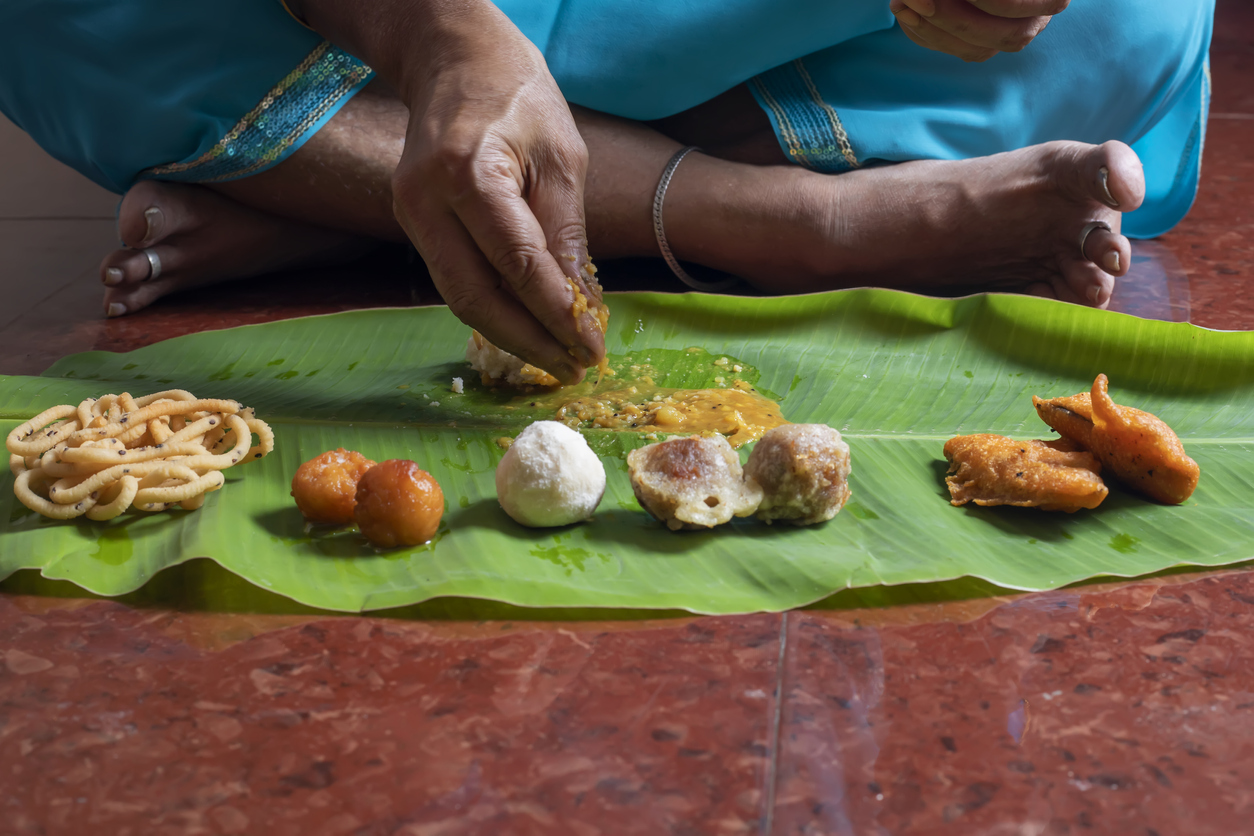- Wednesday, April 23, 2025
The scheme is a great social leveller as the food parcels have no caste or religious identity coming with them.

By: Shubham Ghosh
KERALA, India’s only communist-ruled state and also the most literate, has come up with a unique plan to deal with poverty and prejudice and it doesn’t require any major corporate backing.
Everyday, volunteers from the Democratic Youth Federation of India (DYFI), the youth wing of the ruling Communist Party of India (Marxist) or CPI(M), go from door to door to collect the little extra food that ordinary women prepare while making lunch for their work-bound husbands and keep safely packed in a banana leaf separately, The Guardian reported.
By noon, the food parcels are distributed among nearly 40,000 patients in the state’s hospitals. In India, getting food in hospitals is not easy. Poor families often miss out on meals because they are expensive or the quality is also not always good.
It is also a welcome relief for many patients and their families since getting treatment in India’s state hospitals is a battle in itself. In chaotic situations, the patients’ kin would have to run around for medicines, medical tests, doctors, accommodation, payment of bills. People in urgent need of treatment or their family members are also seen lying on hospital floors or benches because they cannot afford proper accommodation.
On top of it, buying food from eateries and restaurants or even canteens put added burden on their pockets. In such a situation, the parcels of home-made food come are nothing less than a boon.
The scheme is not just about bringing an economic equality but also a social one, in terms of overcoming caste and religious differences, DYFI president AA Rahim told The Guardian.
Surya Heman, a civil servant and a DYFI volunteer in Cheruvaikkal in Thiruvananthapuram, the state capital, told the news outlet that when they hand out the parcels, they can notice gratitude in the eyes of the recipients. “It’s a very emotional moment,” he told The Guardian.
The scheme, which started six years ago with just 300 parcels, has no cost apart from transport. There is no community kitchen and neither gas or electricity bills nor payments to cooks and cleaners. The meals are just the extra portion of the food cooked at home and even for those women who prepare it, there is no additional hassle apart from putting in some extra rice, vegetables or maybe fish.
According to volunteers of the federation, while they ask every family to make one or two parcels, many end up making five or six or even 10.
Meghna Murali, a law student and a youth worker who organises the food parcels in Kerala’s Ernakulam district, told The Guardian that even working women prepare the parcels, besides the non-working ones.
Heman said that she notices that those who prepare the parcels tend to prepare a better meal than the one they make for their own. “They make a little more effort, adding a piece of fried fish, pickles, chutney and poppadum,” she was quoted as saying. There are also people who add fried chicken to the vegetables.
The meals are prepared each day of the year with no exception even on festivals and holidays. During Kerala’s biggest festival Onam, the sweet dish of ‘payasam’ is added to the parcel. During Christmas, a slice of plum cake is also added.
No family is overburdened with the task as their contribution is restricted to making parcels on three to five days of the year as the federation distributes the responsibility. The schedule is prepared on January 1 and clusters of villages are given dates for preparing the extra food parcels.
The families — around 100 to 200 — are given a call by the volunteers that oversee them before a week of their scheduled date and also a day before. On the day, they collect the parcels and give them to hospitals in the district.
The scheme is a great social leveller as the food parcels have no caste or religious identity coming with them. Neither those who prepare nor those who eat the food have any idea about each other’s caste or religion. In today’s India where caste and religious polarisation often causes social unrest, Kerala has set up an example that many might opt to implement.